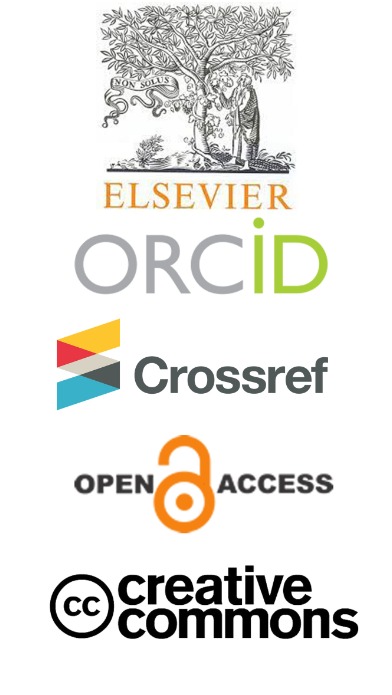Leaders’ Perceptions Towards Corporate Social Responsibility Practices: A Case Study from Saudi Arabia
Keywords:
CSR, Responsible Leader. Instrumental Behavior. Stakeholders InterestAbstract
Corporate Social Responsibility (CSR) has become an essential domain in the international business community and is now a major activity in the business world that has forced corporate leaders to pay more attention to dealing with social and environmental issues such as safety, health, and the well-being for their employees, society, and environment. This study aims to explain the situation of CSR practices in a sample of companies operating in the Kingdom of Saudi Arabia (KSA). Furthermore, it aims to explore and evaluate the understanding of the companies' leaders of the meaning of CSR through a quantitative method using a questionnaire filled out by corporate leaders. The results of this study show that the concept of CSR is still in its initial stages of growth and is often regarded as a discretionary act and seen as philanthropic rather than strategic. Saudi corporation leaders have good knowledge of CSR, its activities, purpose, and benefits, and how to deal with stakeholders’ interests. Yet, they do not have enough motivation to adopt CSR practices due to the lack of consistent organizational strategies and organized efforts to implement such practices in their organizations. This study proposes that creating a national CSR plan or strategy can play a more vital role in motivating the implementation and development of CSR initiatives and identifying development priorities that stimulate government and corporate collaboration to improve society's life conditions.



